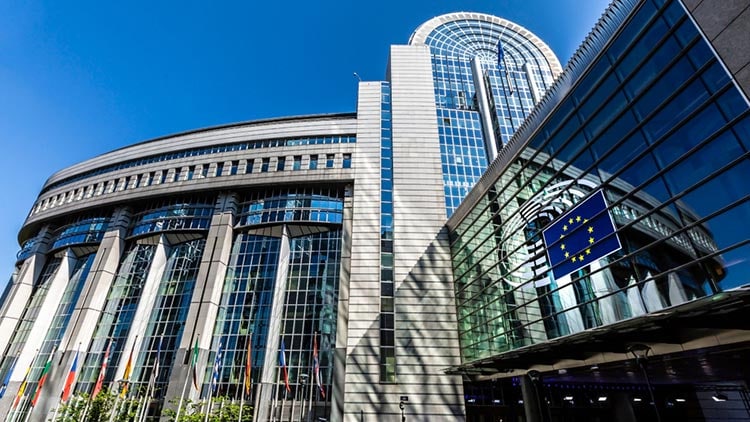
EU Whistleblowing Directive – new obligations for private sector businesses
07 February, 2022
How can Irish businesses prepare for the changes required upon Ireland's adoption of the EU Whistleblowing Directive in 2022?

People who work for a public or private organisation, or are in contact with such an organisation in the context of their work-related activities, are often the first to know about wrongdoing, fraud or harm to the public interest that arises in this context. By reporting breaches of law that are harmful to the public interest, such persons act as "whistleblowers" and thereby play a key role in exposing and preventing such wrongdoing and safeguarding the welfare of society.
In Ireland, the principal existing legislation in this area is the Protected Disclosures Act 2014 (PDA). The PDA applies to both the private and public sector, but it does not require the private sector to have whistleblowing policies and procedures in place. In May 2021, the General Scheme of the Protected Disclosures (Amendment) Bill 2021 was published by the Minister for Public Expenditure and Reform. The aim of the Bill is to transpose the EU Whistleblowing Directive, which seeks to harmonise whistleblowing standards and protection in Europe.
The impact of the new directive on Irish companies can be considered under three main headings:
Internal reporting obligations
Private sector organisations with 50 or more employees will be required to establish formal channels and procedures for their employees to make protected disclosures. An external third party may operate these channels if they are not provided internally.
It is likely that smaller employers (with fewer than 250 employees) will be granted a deadline extension to allow them to establish such channels.
The reporting channels must:
- be secure to ensure confidentiality of the identity of the reporting person;
- acknowledge receipt of the disclosure within seven days of receipt;
- involve diligent follow-up by a designated impartial person or persons;
- have reasonable timeframes to provide feedback, not exceeding three months; and
- ensure the provision of clear and easily accessible information.
Scope of protection widened
The Bill will extend the scope of persons who are protected if they report a relevant wrongdoing to a wider cohort of whistleblowers in line with those protected under the EU Whistleblowing Directive. Volunteers, unpaid trainees, board members, shareholders, suppliers and job applicants will benefit from whistleblower protection for the first time.
Expanded definition of "relevant wrongdoing"
The concept of what can be reported will also change, with the definition of "relevant wrongdoing" widened to include breaches of EU law in certain areas such as financial services, product safety, food safety and public health. It also brings clarity to an area that previously caused uncertainty – it excludes interpersonal grievances from its ambit. Such matters should be addressed through your company's normal HR procedures.
The three key actions to take now
To prepare for the EU Whistleblowing Directive, businesses should prioritise the following.
1. Prepare
The Bill is expected to be transposed into Irish law in the first quarter of 2022. Given the proximity of the changes, Irish employers should start preparing now so that the new whistleblowing culture envisaged by the Bill is embedded by the time the new law takes effect.
2. Draft or amend policies and procedures
The amendments will require comprehensive employer policies and processes to manage and effectively address protected disclosures. Even those employers who already have a whistleblowing reporting process in place will need to revise their existing processes to ensure compliance.
3. Consider external support
The legislation permits a company's internal reporting channel to be operated by an external third party. There are many benefits in this approach including full and timely compliance with legislation, cost-effectiveness and a high-quality service. Our experience also indicates that using a trusted third party to operate your whistleblower reporting channel will preserve its independence and help encourage employees to report wrongdoing in the workplace.
We are here to help you
PwC has extensive experience in establishing whistleblower reporting schemes. Our experts can help you implement effective solutions and provide related advice based on your company's specific circumstances and needs. Our services include:
- advising you on best practice whistleblower policy and procedures;
- acting as an independent third party to operate the whistleblower solution for your company while handling all cases securely and confidentially; and
- independent investigation of any reported wrongdoing.










Menu